Technology and Enlightenment: new Wildmind newsletters out
 Wildmind is the FWBO’s US-based website dedicated to teaching meditation. Each month they publish a newsletter exploring one or another aspect of meditation or dharma practice.
Wildmind is the FWBO’s US-based website dedicated to teaching meditation. Each month they publish a newsletter exploring one or another aspect of meditation or dharma practice. October 2009 looks at the interesting topic of ‘Technology and Enlightenment’, in which contributors explore whether immersing ourselves in a world of gadgets may also distance us from more authentic connections with teachers, family, and friends - or not. There’s reports too on recent scientific research disproving the notion, still common in the West, that Buddhists must be a miserable lot because their teachings dwell so much on suffering. The research in fact suggests what Buddhists have believed all along - that Buddhism -- or at least Buddhist meditation- leads to happiness.
November, by contrast, is on the theme of ‘ Making your meditation work’. One article sees Sunada explain how working with (as opposed to fighting against) our fears can point us toward our own place of freedom: she describes fearlessness not as the absence of fear, but the ability stay with one's fear and use its energy wisely. Meditation teacher and life coach Srimati offers a ten-stage guide to getting the most out of your meditation practice -and new contiributor Rev. Canon Renée Miller explores Buddhist practice from the perspective of her own Christian faith.
December, just out, is simply on the theme of ‘Practice’ - especially appropriate at a time of year which often seems dedicated to anything but! There’s a rich collection of articles here too - but we’ll leave you to find out more by clicking here...
If you want to keep in touch with Wildmind they’ve recently launched a new Wildmind Facebook page and Twitter feed, which will deliver ‘tweets’ right into your Twitter in-box each time they post an article - sign up at twitter.com/medit8.
Labels: Interfaith, Meditation, Wildmind

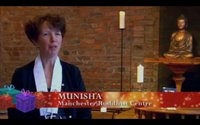
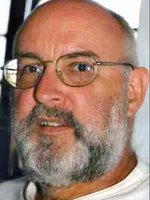
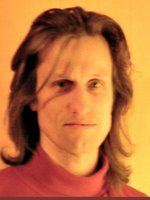
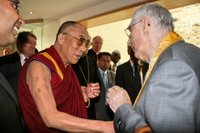
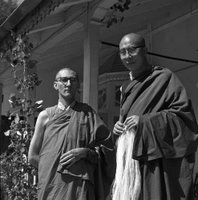
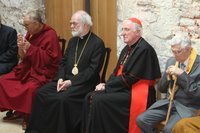

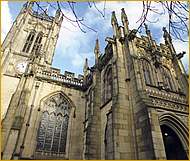
 rss
rss